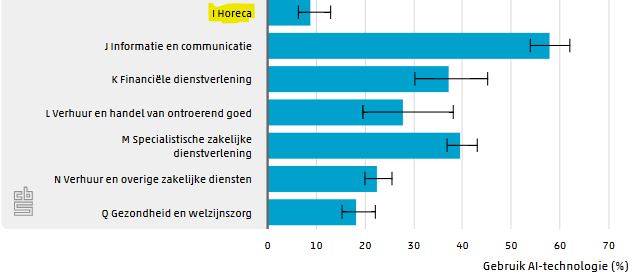A new concept is emerging: vibe marketing. Coined in tech, vibe marketing now describes a hands-on-yet-automated approach to managing customer engagement. In loyalty marketing, it means using intelligent tools to create highly personalized, data-driven programs—without getting lost in technical complexity. Rather than replace marketers, vibe marketing frees them to focus on strategy and creativity. For those looking to scale loyalty efforts with precision and agility, VEMT provides the structure and automation needed to bring the right “vibe” to every customer interaction.

Nudging behavior can be done in an ethical way
For those who worried about ethics and influencing behavior, there’s good news. Although it might be counter intuitive, being transparent by telling people that you want to influence their behavior does not impact the results.
This interesting findings result from research by 5 scientists who have published their results in the Journal of Economic Psychology (for those who are interested in the details: Volume 65, Pages 41-59), with the title ‘Can Nudges Be Transparent and Yet Effective?’
The answer is ‘yes’, as you might have guessed from the introduction. The findings can be summarized as follows:
- Concerns around behavioral manipulation created debate which could – in the end – erode societal trust in (digital) systems and companies (or governments) offering these systems.
- This rose tensions between effective nudging of consumers and the ethical transparency these companies and governments want to offer.
- The above mentioned research shows nudges can still be effective even though true intentions are made clear when executing the nudges to influence behavior.
It is important to notice that the research was focused around nudging for socially-optimal outcomes, and was therefore more applicable to nudging by governments, than companies, but we expect that companies can attempt to be more transparent about nudging as well, particularly where brand values and consumer aspirations meet, without losing effectiveness.





